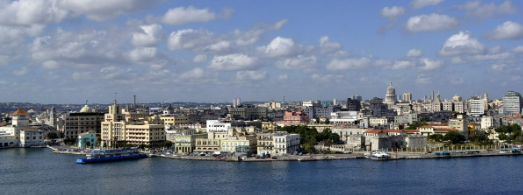The government of Cuba has published new rules that introduce incentives, import tariff exemptions, and tax benefits for distributed generation, in order to facilitate the installation and purchase of renewable electricity.
“The Ministry of Energy and Mines promotes the production of energy by consumers, which includes the residential sector, based on the use of technologies that take advantage of renewable energy sources for self-consumption and the sale of surpluses to the Electric System National,” the government states in Decree No. 345.
The new rules will apply to state and non-state legal entities, commercial companies with 100% Cuban capital, and foreign investors. They also outline how commercial banks should grant loans to people who are interested in installing solar.
“The credits are granted in Cuban pesos up to 100% of the value of the equipment,” the government states in the decree. “The amount and the repayment term of the credit respond to the risk analysis carried out by the bank based on the payment capacity of the applicant.”
The Cuban government also hopes that the new rules will encourage the development of a national renewable energy industry. “Decree No. 345 declares as an objective the creation of the national industry, the production of equipment and components for the development of renewable energy sources and energy efficiency,” it says in the decree.
In an April 2018 interview with pv magazine, Cubasolar President Luis Bérriz revealed that excess energy from non-residential PV installations could be sold for $0.06/kWh.
By the end of 2018, Cuba’s cumulative installed PV capacity reached about 96 MW, according to the International Renewable Energy Agency. This capacity mainly comes from large-scale solar plants that were built under the Cuban solar plan, which includes a target of 700 MW by 2030.






